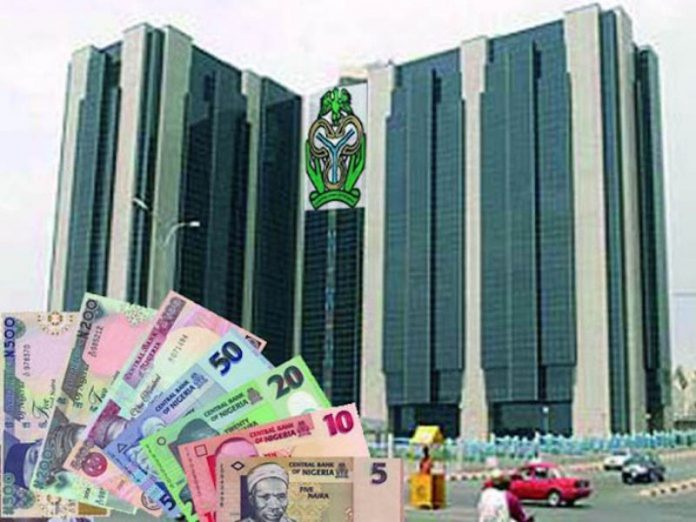The Central Bank of Nigeria, CBN has said that the old naira notes remain legal tender in Nigeria until further notice.
The bank in a statement in reaction to reports of the rejection of the old bank notes arising from fears over their legality and the scarcity of the new naira notes, the CBN through its spokesman, Dr Isa Abdulmumin said: “Our attention has again been drawn to reports of a scarcity of cash across some major cities in the country despite assurances of sufficient cash stocks in all locations across the country. There have also been reports of anxiety among some members of the public over the legality or otherwise of old Naira banknotes.
“For the avoidance of doubt, while reiterating that there are sufficient banknotes across the country for all normal economic activity, we wish to state unambiguously that every banknote issued by the Central Bank of Nigeria (CBN) remains legal tender and should not be rejected by anyone, as stipulated in Section 20(5) of the CBN Act, 2007.
Speaking on the legality of the old naira notes, the CBN spokesman said: “Accordingly, branches of the CBN across the country have been directed to continue to issue different denominations of old and redesigned banknotes in adequate quantities to deposit money banks (DMBs) for onward circulation to bank customers.
“We wish to restate that all denominations of banknotes issued by the Central Bank of Nigeria (CBN) remain legal tender. In line with Section 20(5) of the CBN Act, 2007, no one should refuse to accept the Naira as a means of payment.
“Consequently, members of the public are advised to accept all CBN-issued banknotes currently in circulation and guard against panic withdrawals. We reaffirm that there is sufficient stock of currency notes to facilitate normal economic activities.
“Furthermore, to reduce the pressure on the use of physical cash, members of the public are again advised to continue to embrace alternative modes of payment.”


